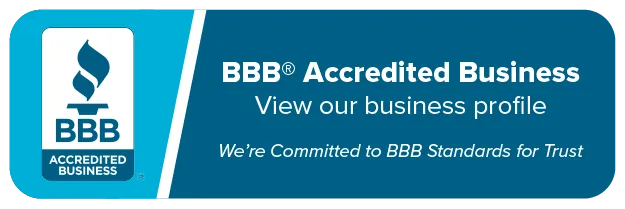Accounts Receivable
In medical billing, the term accounts receivable (A/R) refers to the money that you are yet to receive from your client(s) for the services you have billed or rendered. The list of clients who owe you money may include patients and insurance payers. In simple words, Accounts Receivable Management is a collection of processes such as identifying denied/unpaid claim, re-filing the corrected claim, minimizing AR days, and eliminating aged AR.






